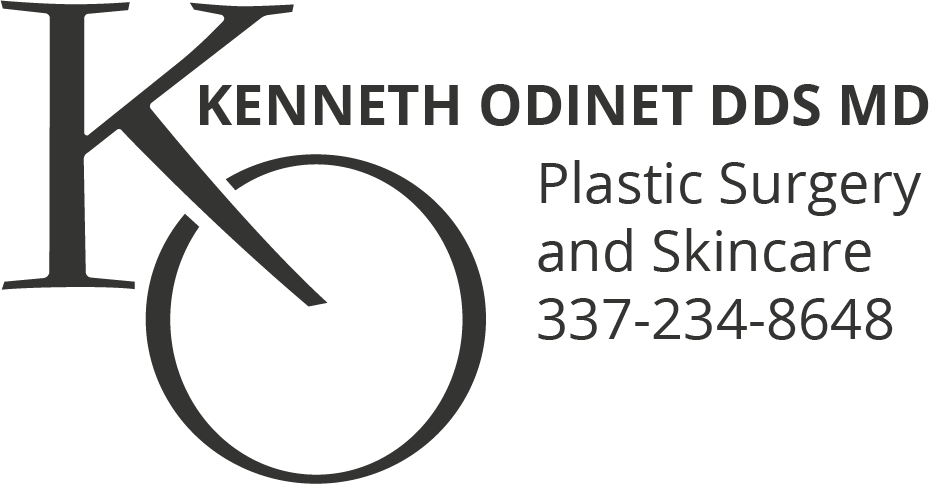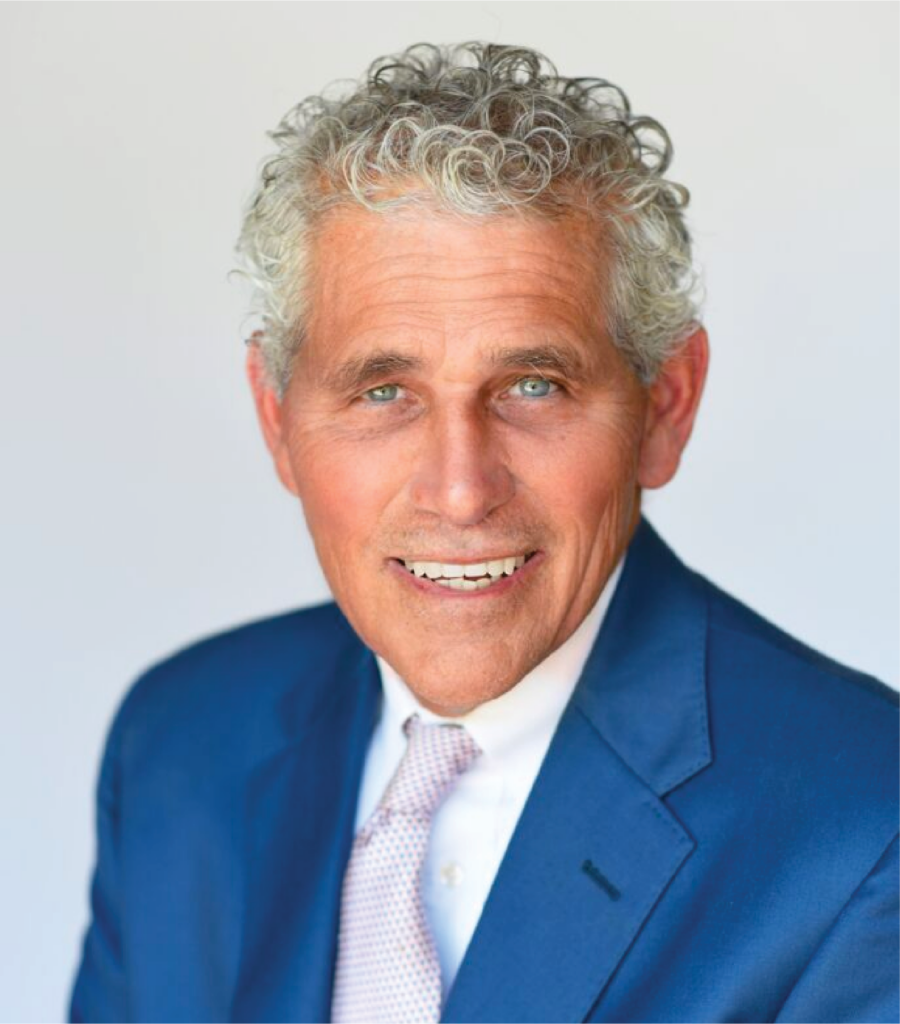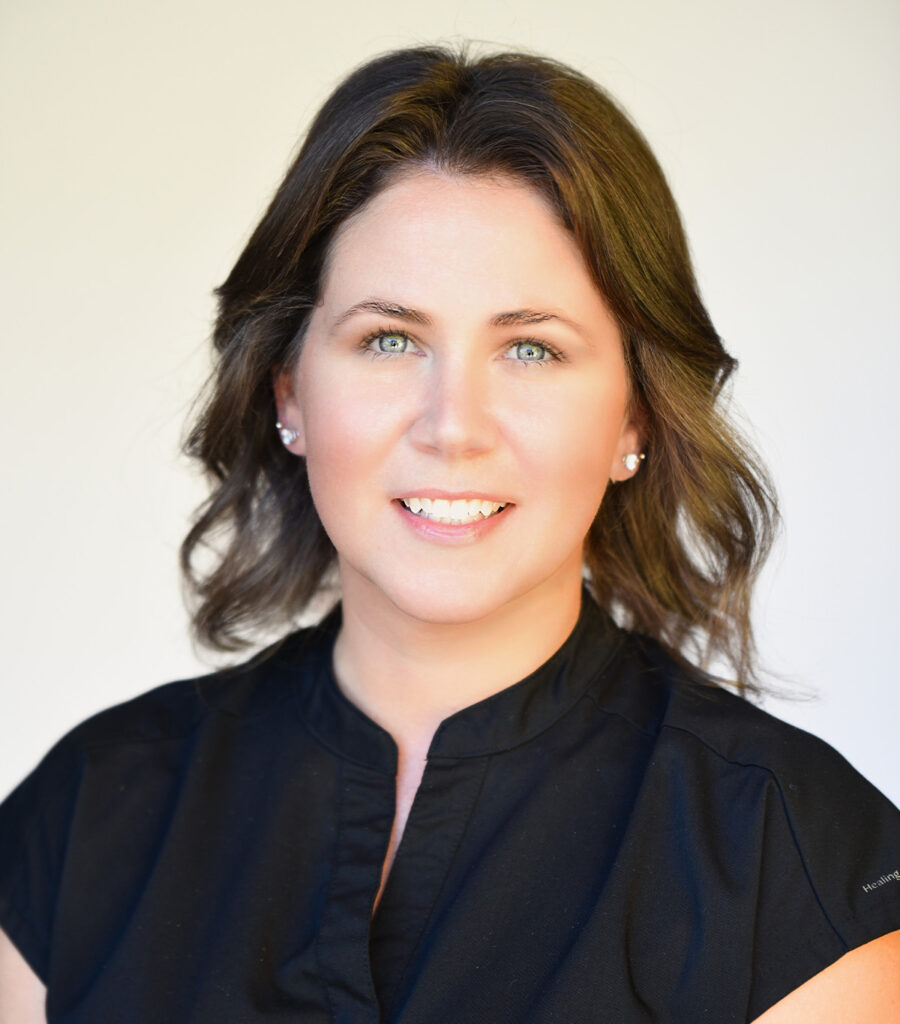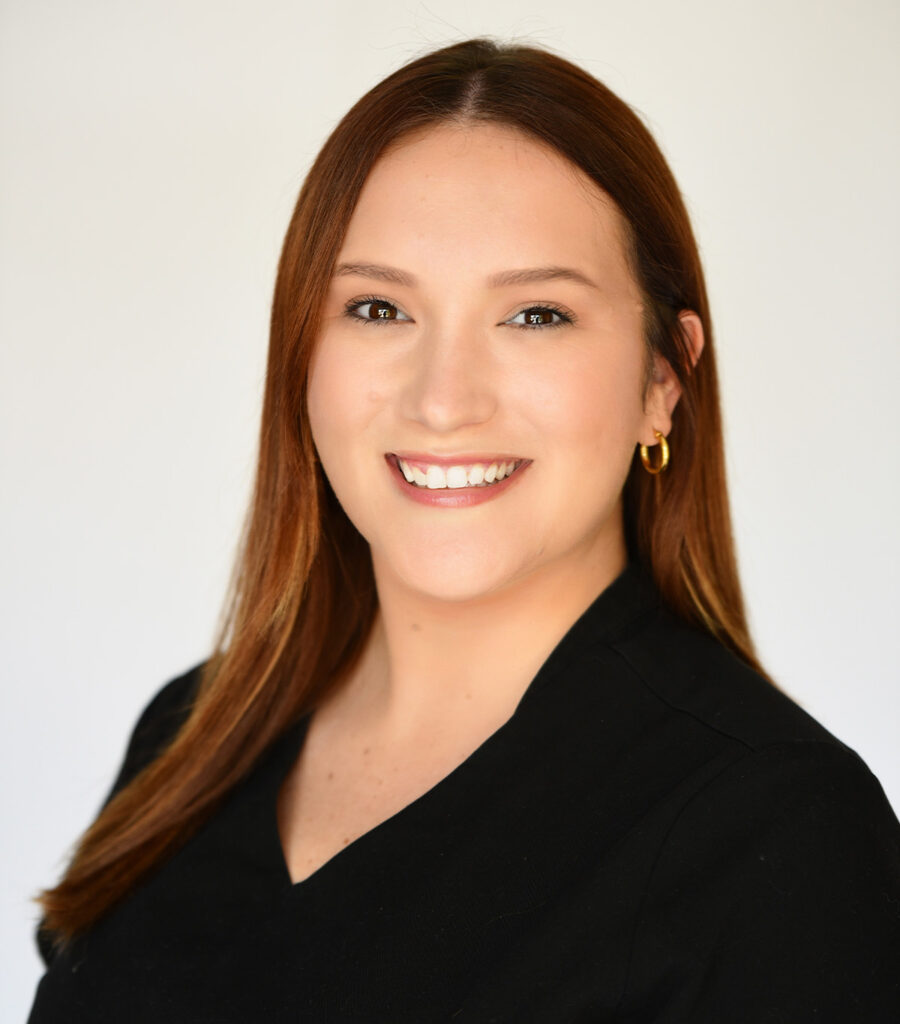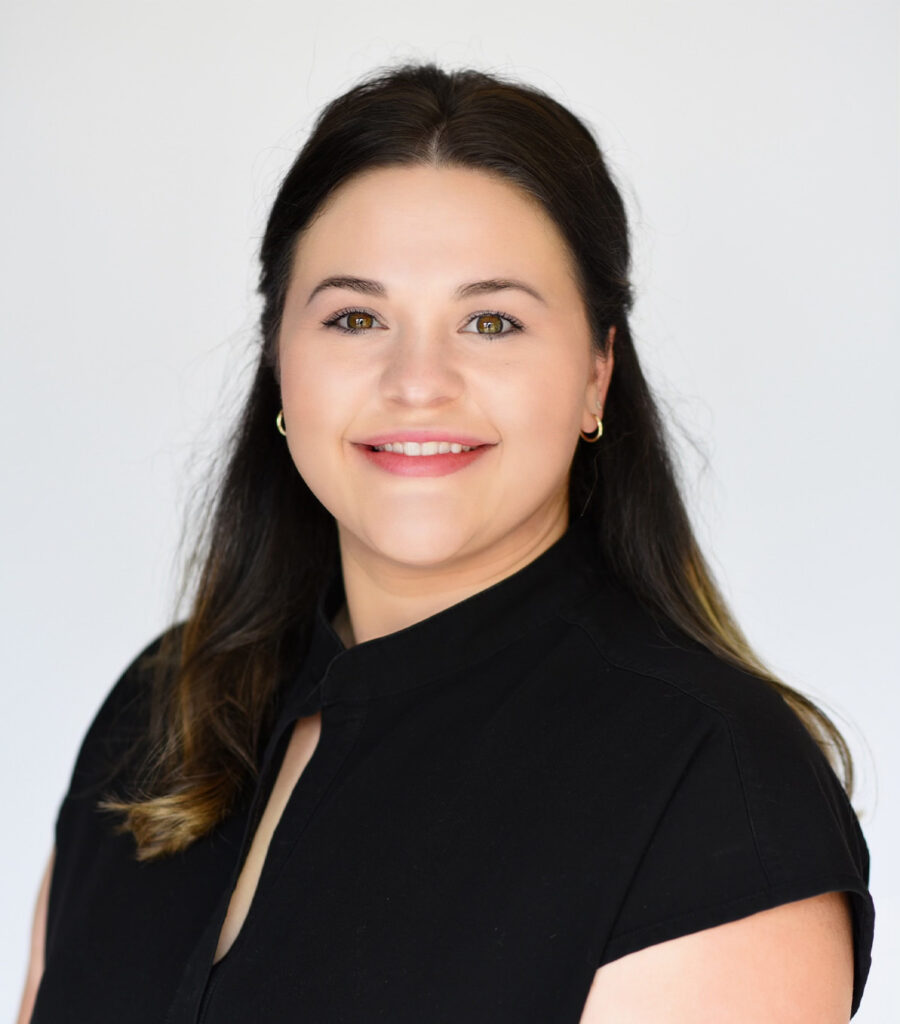What’s So Important About Board Certification?
The best, easiest answer I’ve ever heard to explain why board certification in plastic or cosmetic surgery is so important is that it’s not like buying clothes at a department store – you can’t take back your face or your life if you don’t like the way they look.
If you are thinking about a cosmetic surgical procedure, you have some homework to do:
- Find a doctor who performs the kind of surgery you are considering. This first step seems to be an obvious one, but you’d be surprised at the number of physicians who consider a weekend class training to perform a procedure. Just because a doctor has surgery on his resume doesn’t qualify him to best perform your surgery.
- Determine if the doctor you have chosen is board certified in that type of surgery. This second step is crucial because board certification in a specific field makes sure that the surgeon adheres to certain medical standards and is held accountable for his actions by his or her peers. A physician can be board certified in a variety of fields like oral, nasal, facial, etc. That doesn’t mean that he or she is educated in your particular type of surgery.
Referral Services
One of the best ways to check a doctor’s credentials is to use the referral service on websites like the American Society of Plastic Surgeons (ASPS). The American Society of Plastic Surgeons (ASPS) is the largest plastic surgery specialty organization in the world. Founded in 1931, the society is composed of board-certified plastic surgeons who perform cosmetic and reconstructive surgery.
The mission of ASPS is to advance quality care to plastic surgery patients by encouraging high standards of training, ethics, physician practice and research in plastic surgery. The society advocates for patient safety, such as requiring its members to operate in accredited surgical facilities that have passed rigorous external review of equipment and staffing. The society works in concert with the Plastic Surgery Foundation (PSF), founded in 1948, which supports research, international volunteer programs and visiting professor programs.
Medical Specialty Certification
Medical specialty certification in the United States is a voluntary process. While a license to practice medicine sets the minimum competency requirements to diagnose and treat patients, it is not specialty specific. Board certification demonstrates a physician’s expertise in a particular specialty and/or subspecialty of medical practice.
Remaining board certified is a lifelong education process. As the demand for public accountability and transparency continues to grow, the American Board of Medical Specialties (ABMS) and 24 Member Board of the ABMS are constantly looking for ways to improve quality of care. (The American Board of Plastic Surgery is one of the approved Member Boards.) That’s why in 2000, the ABMS and the Member Boards agreed to evolve their recertification program to be a continuous professional development program – The Maintenance of Certification® (MOC®). The primary function of each of these boards is to evaluate candidates in its primary specialty and subspecialty areas who voluntarily appear for review and to certify those qualified as “diplomates” or “subspecialists” of that board. This is accomplished through a comprehensive process involving educational requirements, professional peer evaluation and examination.
Better For Patients
Physicians benefit from participating in MOC® because they receive focused learning based on individual practice needs, increase efficiency and reduce malpractice premiums. Patients experience fewer medical errors, better communication and quality clinical outcomes when they choose a board certified physician. Medical specialists who participate in MOC® use the most current evidence-based guidelines and standards in their specialty and are widely recognized as leaders in the national movement for healthcare quality. Additionally, the MOC® is recognized as an important quality marker by insurers, hospitals, quality and credentialing organizations, as well as the federal government. Through the MOC® program, board certified physicians advance the standard of specialty medical care nationwide.
What To Do Next
Once you’ve found the board certified surgeon specializing in the surgery you are considering, schedule a consultation. Discuss with your doctor why you want the procedure. Ask questions about the surgery and its potential risks and complications. Learn about recovery, down time and follow-up care. Find out what the procedure costs, what insurance covers, and the method of payment.
You’ve done your homework, including making board certification part of your decision making process. Now, you have a lot to think about, so go home and sleep on it. You owe it to yourself to make the right decision.


